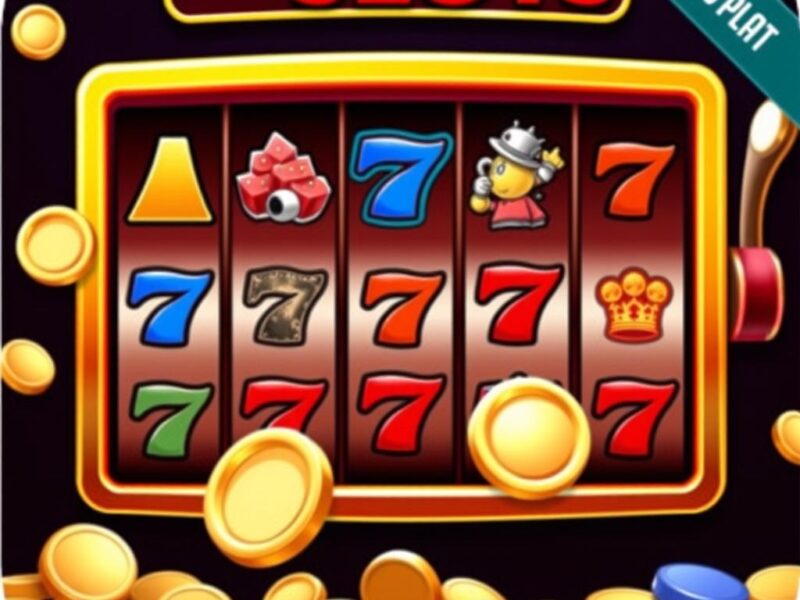
The Psychology of Table Games: Players Should Know
The Psychology of Table Games: Players Should Know https://yanascollections.com/wp-content/uploads/2024/09/e55c68ab-da15-451d-b2aa-1787d1ae4549-638x800.avif 638 800 yanascollections.com yanascollections.com https://secure.gravatar.com/avatar/313530d4b32cf7e47926032cfcbb612b?s=96&d=mm&r=g- yanascollections.com
- no comments
The psychology of table games, whether they’re card games like poker, board games like Monopoly, or casino games like blackjack, offers fascinating insights into human behavior and decision-making. Here are some key psychological aspects to consider:
Decision-Making and Risk-Taking
Table games often involve decision-making under uncertainty. Players weigh the risks and rewards of their choices, which can reveal a lot about their risk tolerance and strategic thinking. For example:
- Risk-Taking Behavior: Some players are more willing to take risks, driven by optimism bias or a high tolerance for uncertainty. Others might be more conservative, focusing on minimizing losses.
- Decision Fatigue: The more decisions a player has to make, the more likely they are to experience decision fatigue, which can lead to less optimal choices over time.
2. Competitive Dynamics
Table games often bring out competitive behaviors:
- Competitiveness: Some players thrive on competition and seek to outperform others, often driven by a desire for dominance or recognition.
- Cooperation vs. Competition: In games with team components or alliances, players navigate both cooperative and competitive dynamics, balancing their personal goals with group strategies.
3. Bluffing and Deception
In games like poker, bluffing and deception play a critical role:
- Bluffing: Successful bluffing requires a keen understanding of others’ psychology. Players must read opponents’ behaviors and reactions to determine when to bluff and when to fold.
- Deception: The ability to mislead others while maintaining a credible persona involves both strategic thinking and an understanding of social cues.
4. Emotion and Stress Management
The emotional aspect of table games can greatly impact performance:
- Stress: High-stakes or competitive situations can induce stress, affecting decision-making and behavior. Managing stress effectively is crucial for maintaining performance.
- Emotional Control: Players who can regulate their emotions are often more successful, as they can stay focused and make rational decisions despite the pressure.
5. Social Interaction
Table games are inherently social, providing insights into social behavior:
- Social Bonds: Games can strengthen social bonds and reveal dynamics in relationships, such as trust and cooperation.
- Group Behavior: Observing how individuals behave in a group setting can provide insights into social hierarchies and influence dynamics.
6. Cognitive Skills
Table games often require various cognitive skills:
- Strategic Thinking: Players must anticipate opponents’ moves and plan their own strategies, involving skills like problem-solving and foresight.
- Memory: Keeping track of cards, moves, or game states can be crucial, requiring strong memory and attention to detail.
7. Cultural and Personal Influences
Cultural background and personal experiences also shape how players engage with games:
- Cultural Norms: Different cultures have varying attitudes towards risk and competition, which can influence gameplay style.
- Personal Experience: Individual experiences and preferences shape how people approach games, affecting their strategies and enjoyment.
Understanding these psychological factors can enhance not only your gameplay but also your appreciation for the complex interplay of human behavior in table games.
- Post Tags:
- Live Tables
- Online Games
- Posted In:
- Casino
- Online Gaming






Leave a Reply